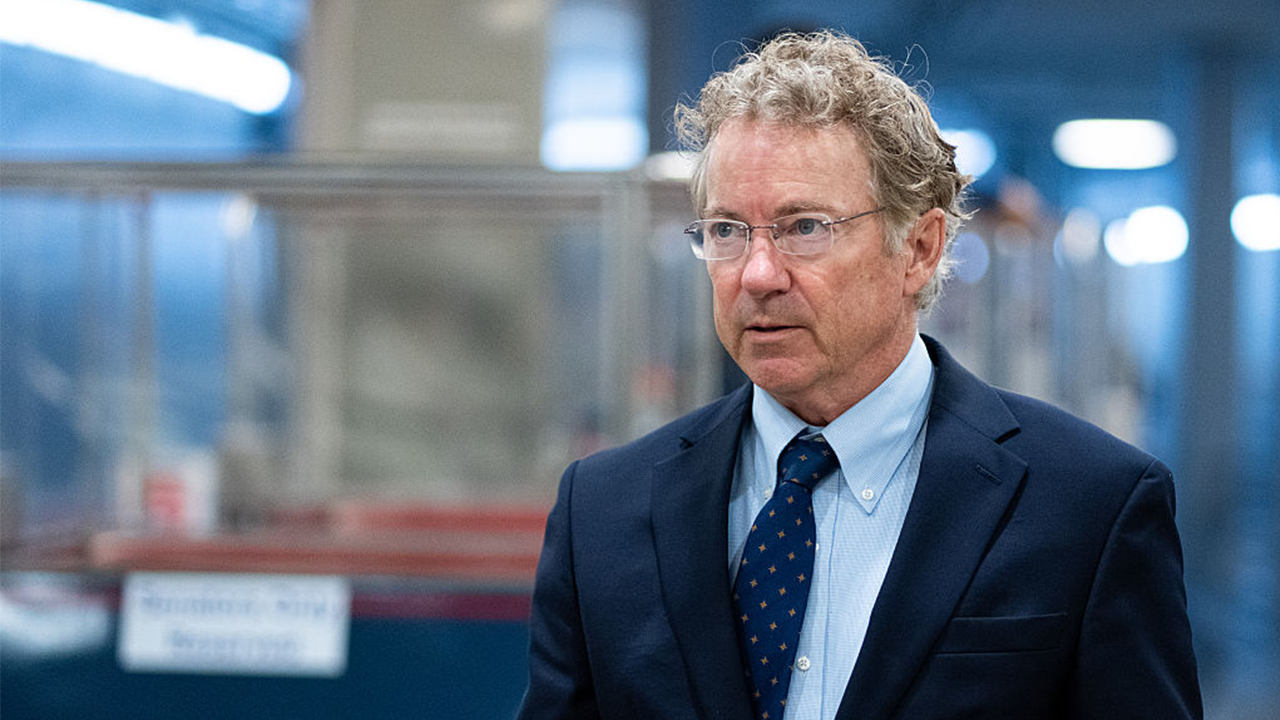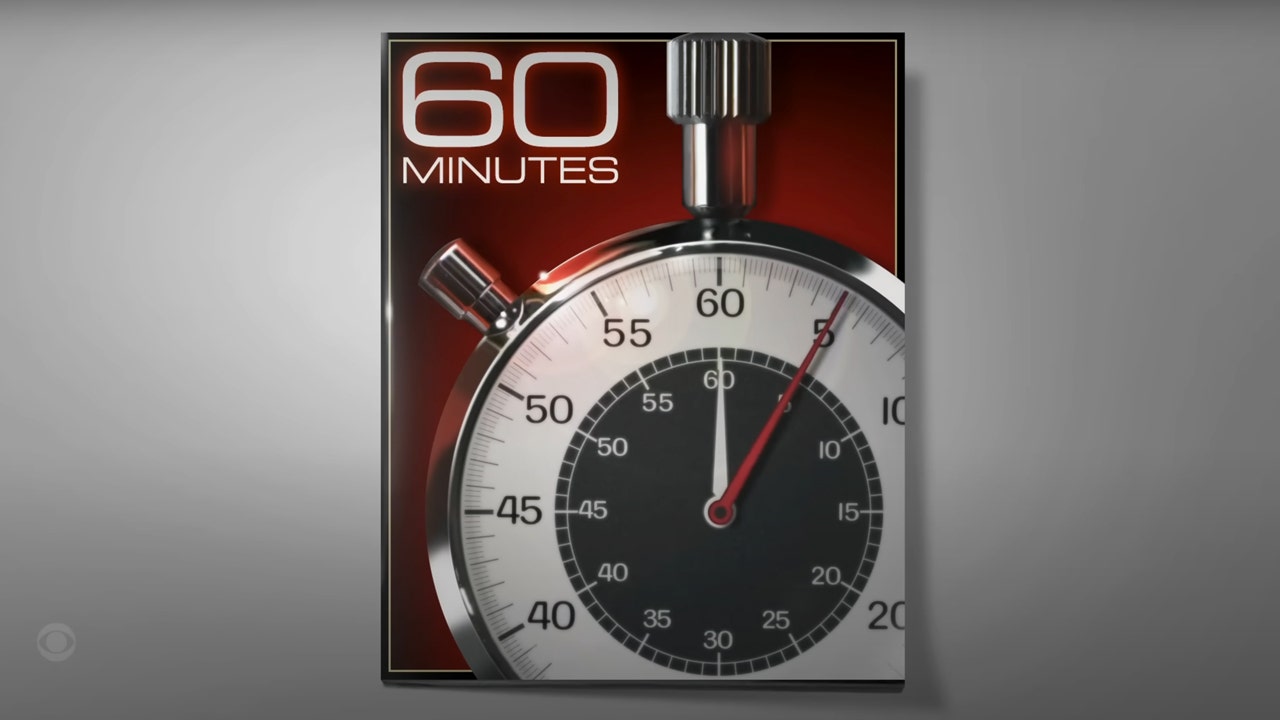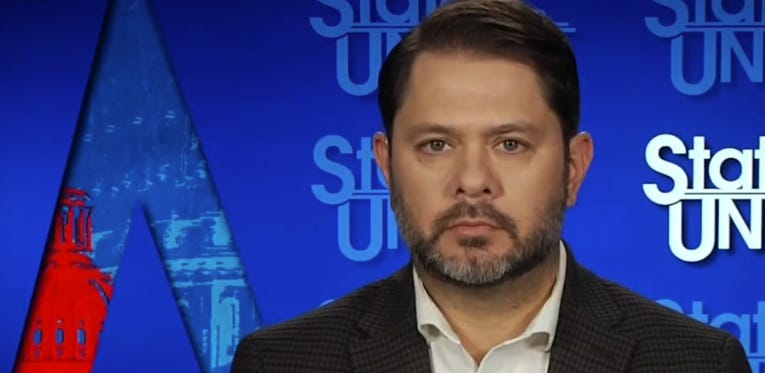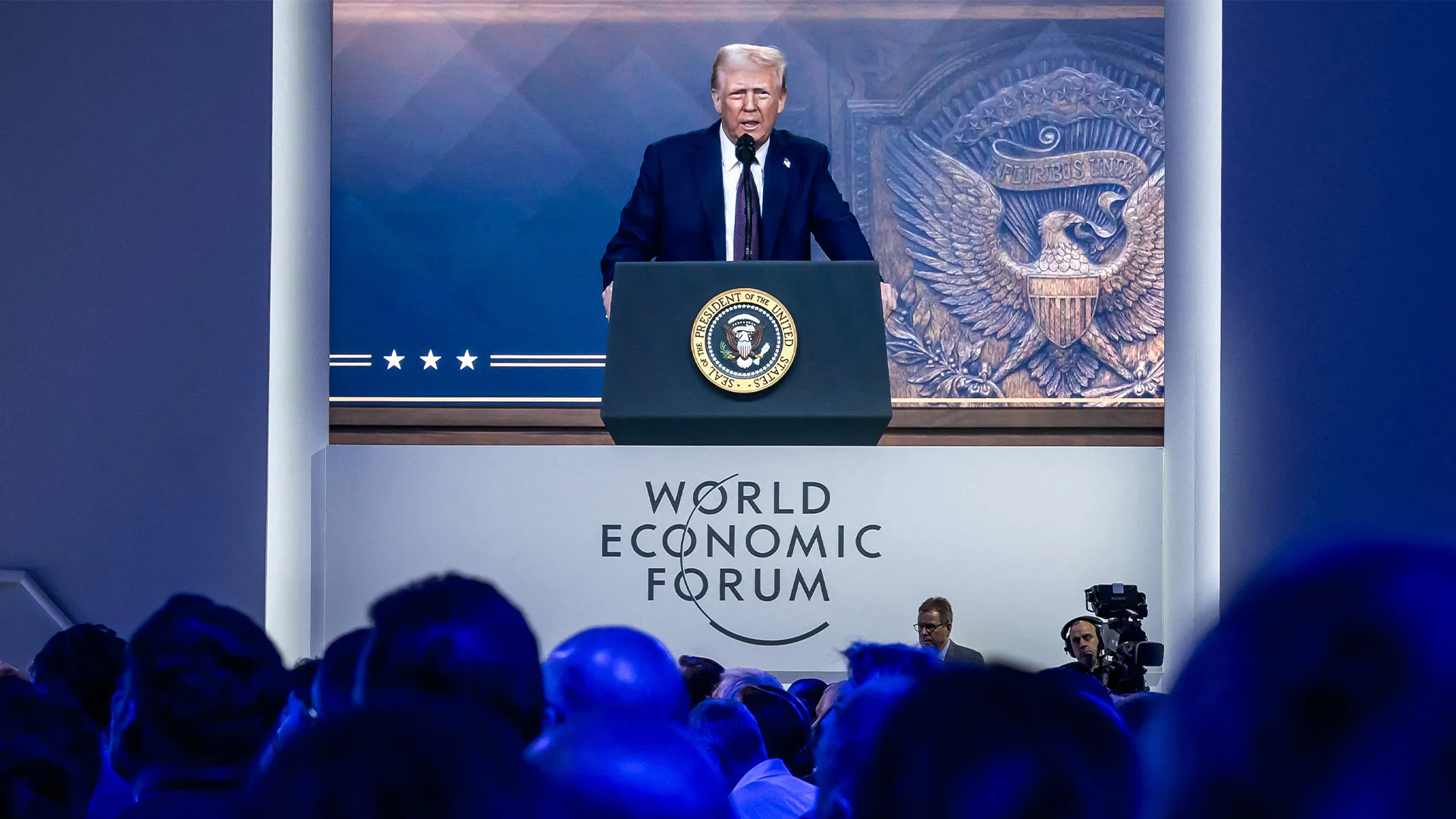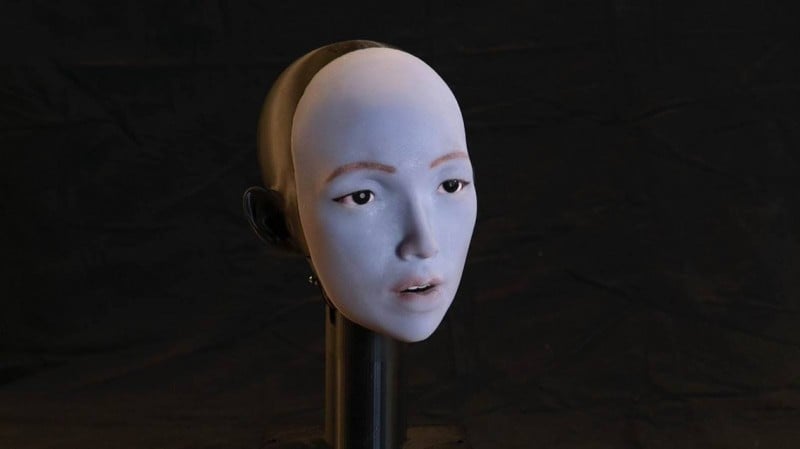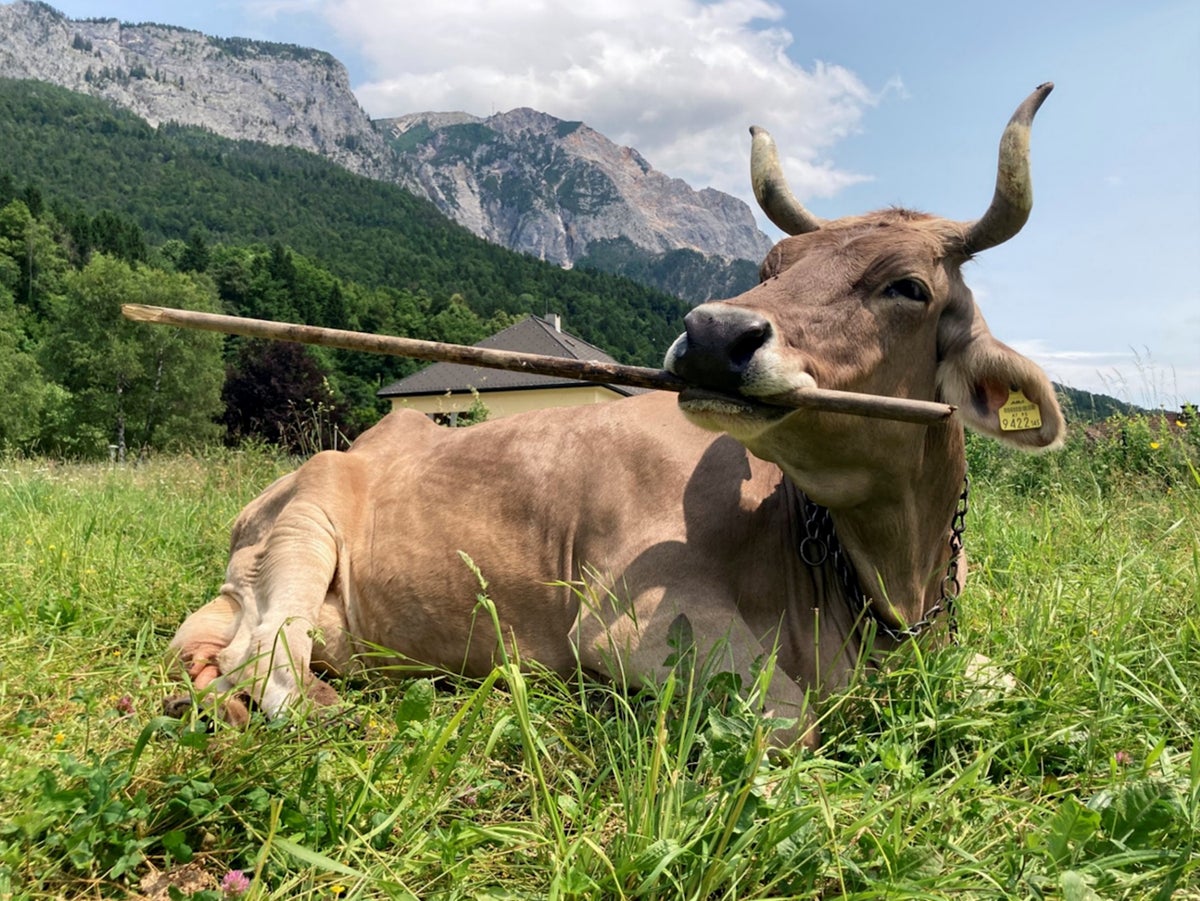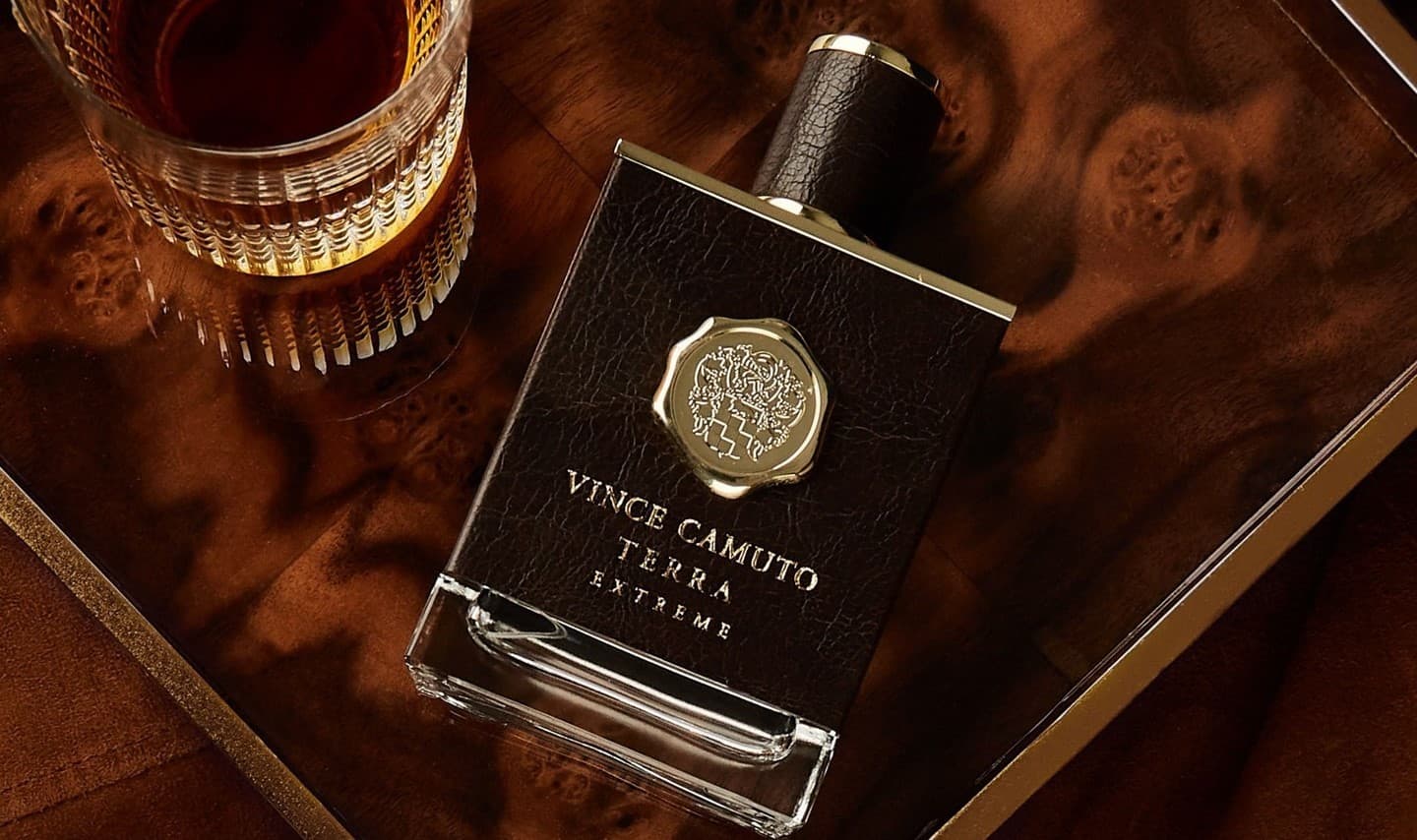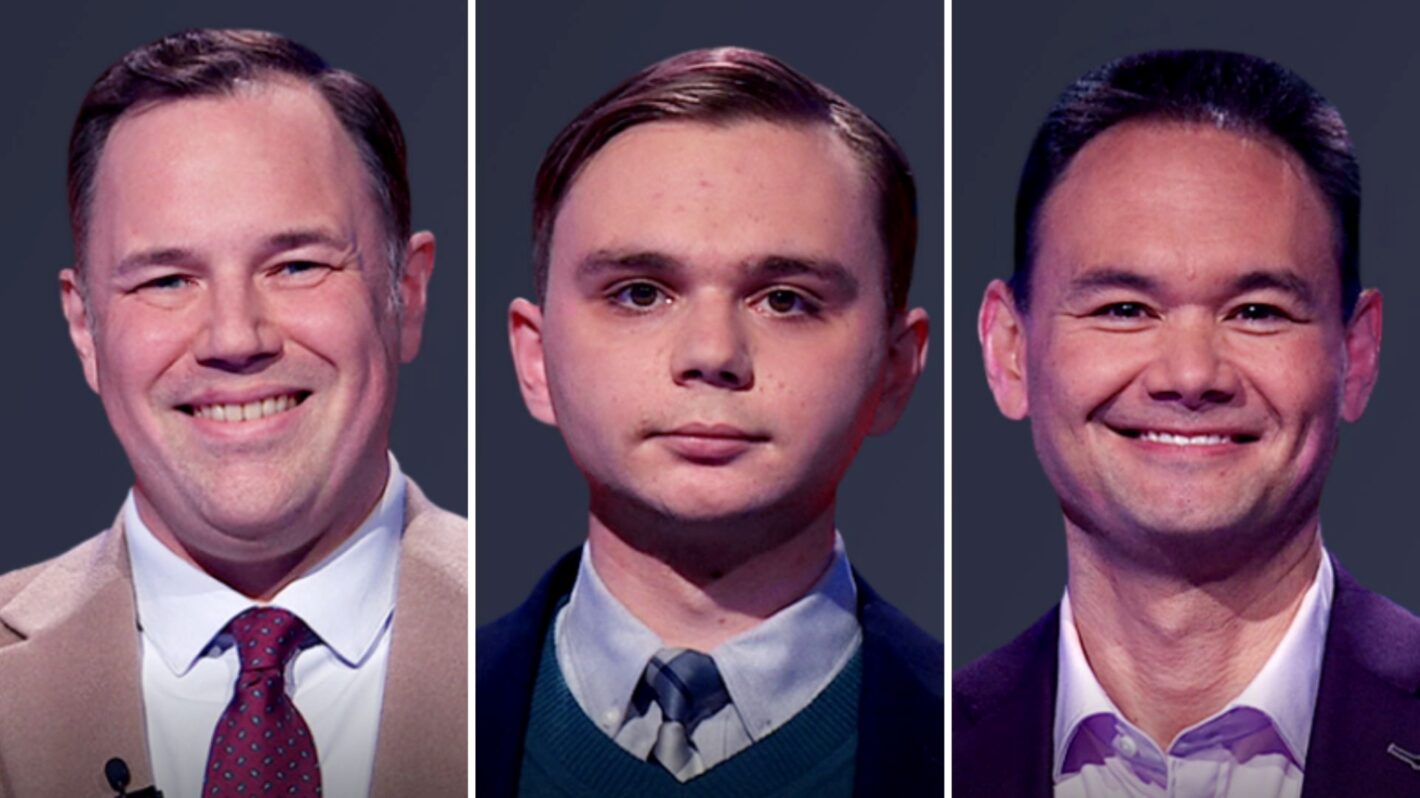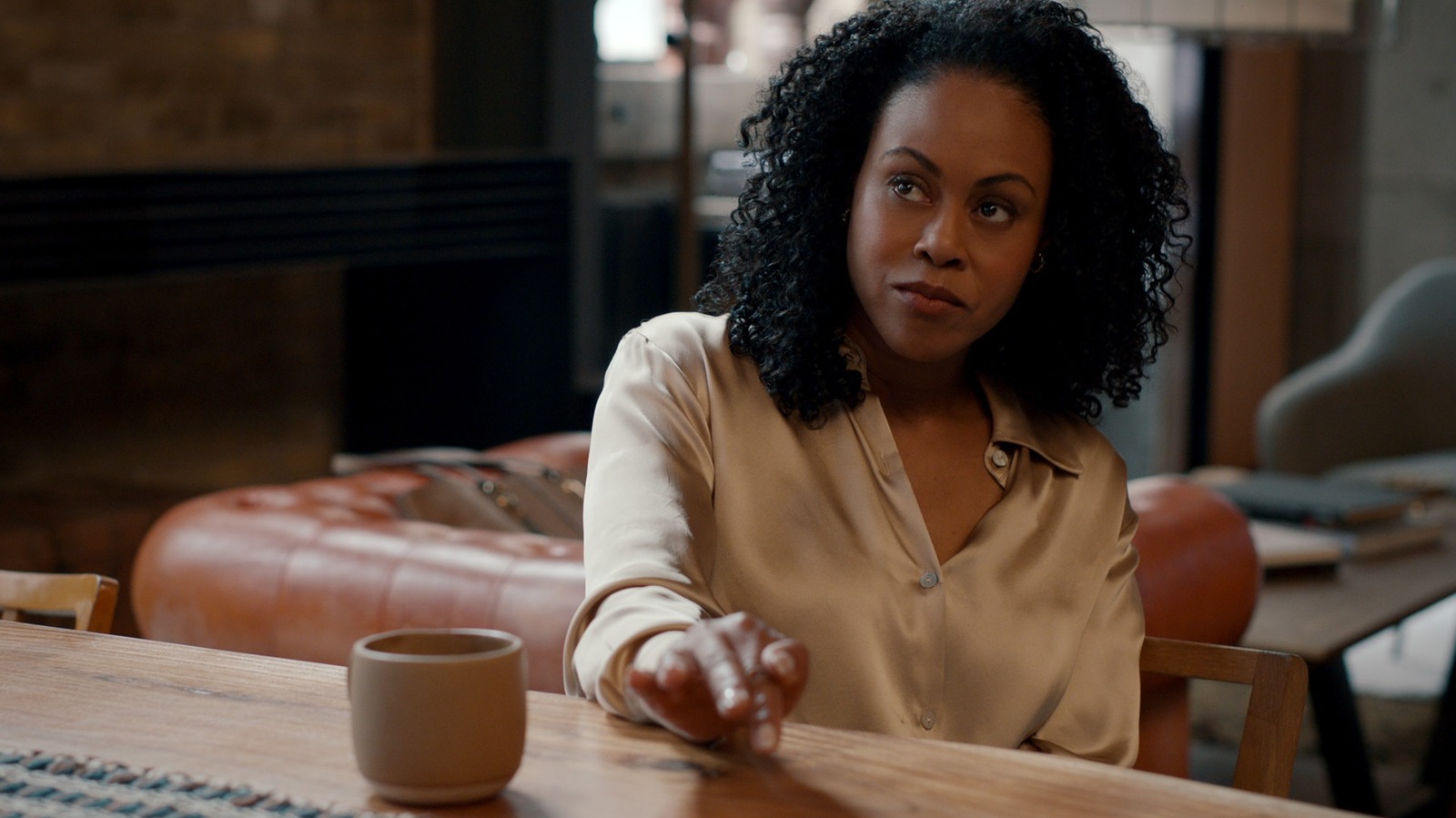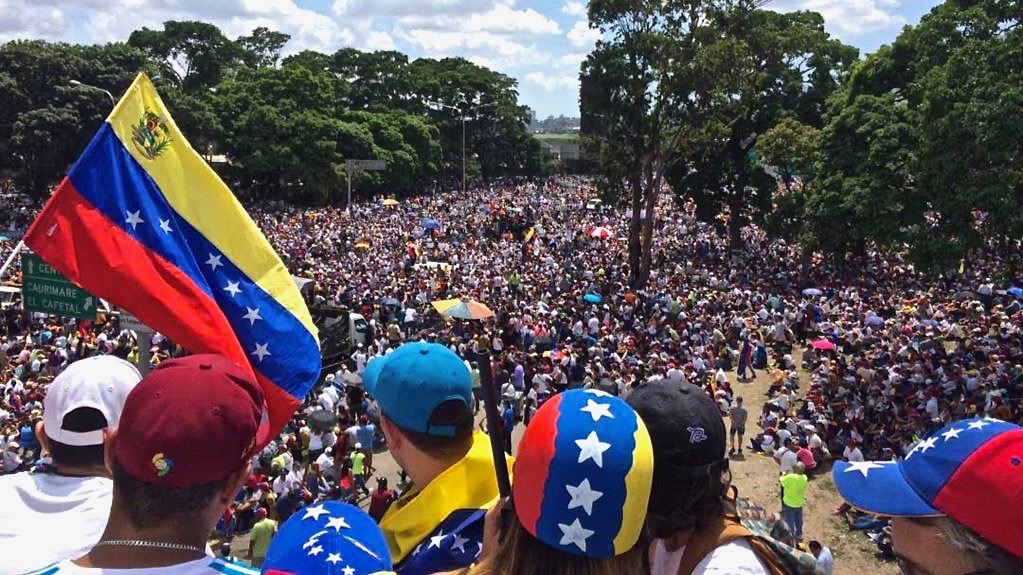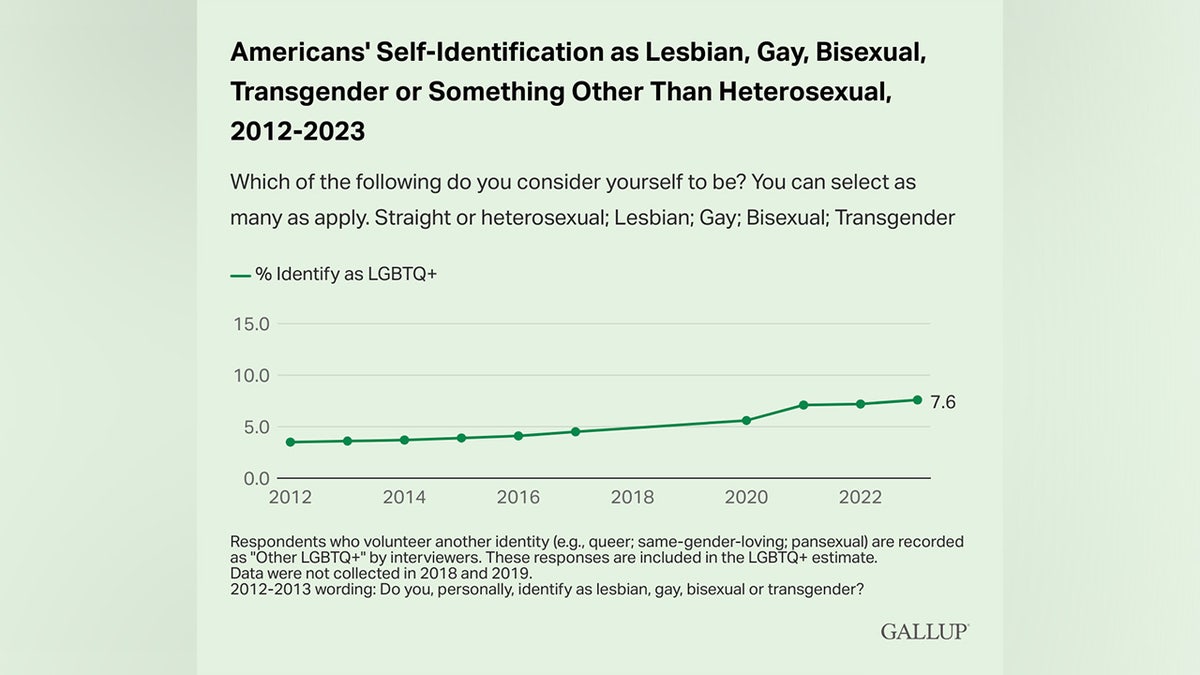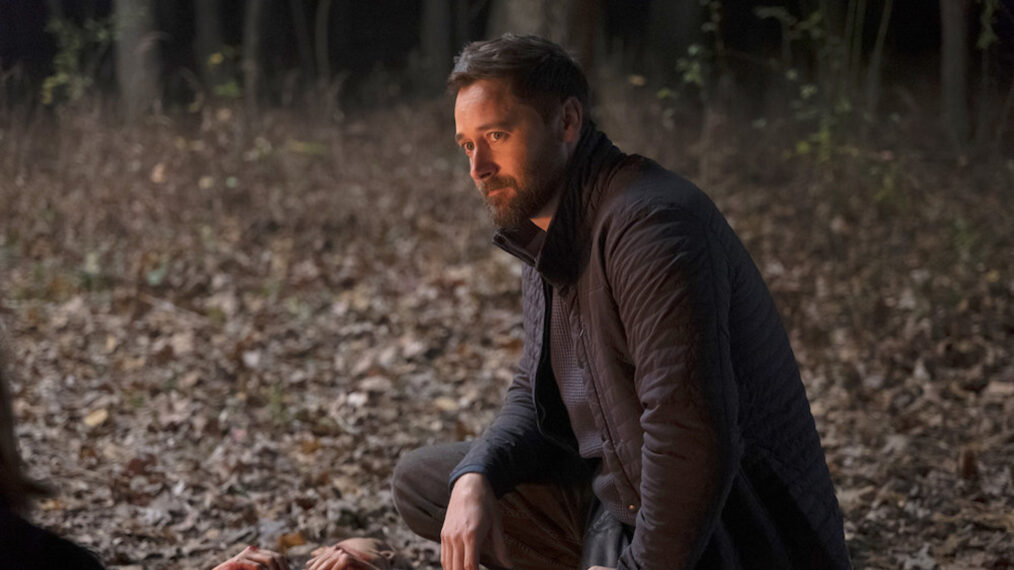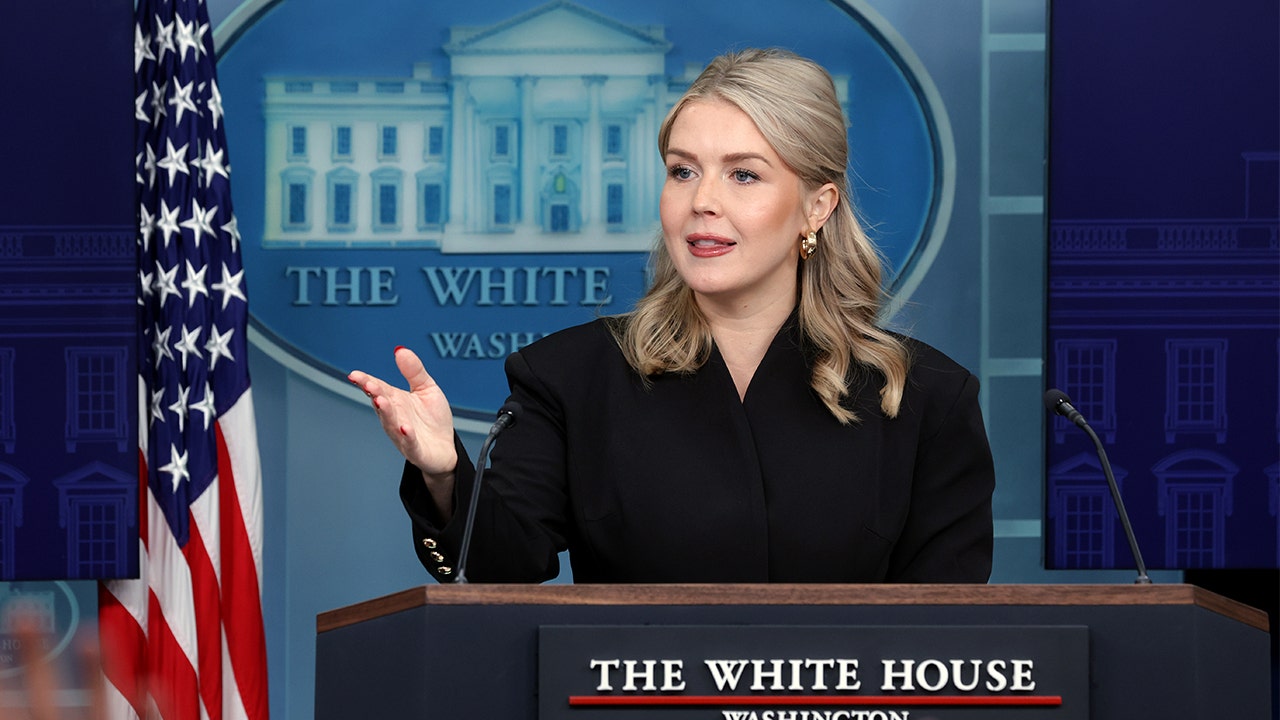What It’s Worth Giving Up to Stay in a Family
“Compromisos” by Manuel Muñoz
Mauricio would stop and buy the oranges on his way back into town. He would need them as a treat for his young daughter, Rocío. She had the unfortunate gift of sensing unease in a silent room and he had to appease her. Last August, right at the start of third grade, he was sent to pick her up from school and Rocío noticed the stricken look on his face as he drove. She had seen it, but not understood it. At home, his daughter could hear how angry and hurt her mother was, but she understood only that it meant Mauricio would not stay at the house any longer, that her father would come only every few days. Even now, deep into January, Mauricio didn’t know exactly what Alba had told the kids. Their older son, Alonso, was in high school with his own troubles, and if he missed having Mauricio around, he never let on. Rocío was different. Since December, Mauricio had had restless nights, sitting up in the thin bed of the one-room he was renting in Kingsburg, one town over. The hours got later and later, closer and closer to dawn, and he couldn’t shake the sense that he had made a terrible mistake. The restlessness had decided for him. He would have to come back. He would have to ask forgiveness.
On the morning he decided to ask Alba to let him back, the January fog had not lifted, and he had to wait, along with everyone, for the density to break. The Saturday traffic was slow and heavy and impatient, people late for their second-job shifts, their errands. On days like this, he knew, no one would have time to stop for the old Mexican woman who sold the smallest of the winter oranges from under a white tent at one of the rural intersections outside of town. She would stand near the edge of the road sometimes, waving for customers to come, which they did out of pity or loyalty. “Mírala,” Alba used to say, before they had kids, on their way to spend the day walking the Fulton Mall in Fresno. “That’s going to be me one day,” she said, “when it’s all over.”
“She’s somebody’s mother,” Mauricio would say, which was the kind of thing they said to each other as a private reminder to be kind to those around them. This is why Alba had married him, he knew, why they had started dating in the first place. Alba had sensed in him that same dutiful nature that made her the responsible one of three girls in her family, just as pretty as her chola sisters, who lived for cruising Mooney Boulevard in Visalia, their mother always yelling at them. He knew what it meant, even way back then when they were in high school and had only coins in their pockets, to pull over at the white tent and buy the old woman’s last bag of summer fruit.
This morning, though, the old woman wasn’t there. When Mauricio pulled to the side of the road, the figure rising from behind the stand was a young man in a black jacket, reaching for a paper bag in anticipation. “¿Cuántas?” the young man asked, even before Mauricio reached the stand—not unkindly, but it was clear he already wanted to be done with the slow morning. The oranges were small and hail-scarred and the two crates were near full. “Media docena,” Mauricio answered and he watched the young man count out six oranges for him, pushing past the ones that didn’t look bright or plump enough. He saw, at the foot of the young man’s chair, a plastic bucket with pink carnations.
“¿Se venden?” he asked, pointing at the flowers. It was too early in the year for flowers, but the nurseries must have started sending them out for the high school fundraisers. He could picture the cheerleaders at the basketball games with handfuls of them, the boys saving their money because this was how to show love. The more you gave, the more it mattered.
The young man raised the bucket to the table and shuffled the stems, the pink carnations already a little limp. “¿Para su señora?” he asked. He had a handsome face, now that Mauricio could study it closely, distracted as the young man was in handling the flowers, clean-shaven, his cheeks a little rough and ashy from the chill of being outside. He counted a half dozen as if he had already decided for Mauricio, his hand on another stem, hopeful.
“Sí,” Mauricio said, but he was responding to the young man’s face, the young man’s insistence, a decision made for him without him even agreeing, as decisions had always been. Hadn’t it been that way in dating Alba in high school, a pairing that sometimes felt like it had been willed by everyone else around them? Hadn’t it been that way with Pico, the man from the beginning of summer, who did nothing but ask Mauricio questions undercut with gentle urging. “¿Un trago?” Pico had asked him. “Anda . . . un trago,” he decided for him, just one drink, from behind the counter at the Woolworth’s on Fulton Mall, handing Mauricio his purchase without ever having asked, like this young man had, if it was for his señora. Pico hadn’t cared. Pico had probably seen his wedding band, but hadn’t bothered to look at it again, his eyes locked on Mauricio the moment he had entered the store.
“¿Algo más?” The young man slid the bag of oranges across the table, along with the flowers, and this time he did sound unkind, aware of how Mauricio had been studying him and how much he didn’t appreciate it. Mauricio shook his head and the young man quoted him the price—Mauricio knew it was too much, but he couldn’t refuse now, not with the way the young man stared at him. He fumbled the money across the table, realizing only when he started toward the car that he had forgotten his change. He felt himself rush to the car, turning hurriedly toward town but seeing the young man out of the corner of his eye, one last time, hands back in his pockets.
“¿Algo más?” Pico had asked the same thing at the Woolworth’s, but Mauricio had heard it differently then. It wasn’t meant to rush him along, but to draw him forward. Maybe this lotion, Pico suggested, never once saying it was for any señora. The Woolworth’s cosmetics counter was hardly more than a single case with nothing expensive in it, but Pico had come from behind it just the same to show some things to the man who had wandered in from the open walkways of the Fulton Mall. Men walked past the windows all day and Pico must have known how to spot the ones like Mauricio, and he knew how to speak to them in Spanish, the better to suggest something that was already understood. “Anda,” Pico had urged, and Mauricio only resisted the invitation by staying in front of the counter, a dumb smile on his face. He had waited for Pico to clock out at five and they walked on the shaded side of the Fulton Mall. Even for late May, it was already scorching. People lingered on the benches and the edges of the central fountain, cooling off. Their eyes followed Pico. Out in the sunlight, Mauricio could see that Pico’s hair was brassy from a dye job. He could complete the picture that the eyes all around them were forming—one boyfriend picking up the other after work, Woolworth’s badge dangling from the fingers of the younger one, a small gift tucked under the arm of the other. A drink didn’t seem right anymore.
“Come,” Mauricio ordered, turning west when they hit the edge of the mall and they walked by the Canada shoe store and the Mexican record shop to the Crest cinema on the corner. “The movie’s already started,” the young woman in the booth said, looking at both of them for a moment before sliding the tickets through the mousehole. The lobby was empty by then, the carpet muffling everything except the bubbling juice fountain and the hum of the air-conditioning. Mauricio felt more at ease and they made their way past the closed double doors into the theater, where, eyes adjusting to the sudden darkness, he felt Pico’s small hand reach out for his in the dark as they sought out seats in the back. He couldn’t tell how many people were in the theater—not many though, and so he let Pico’s hand remain in his, too soft to the touch and damp from the walk outside. It was a loud comedy, a Mexican pratfaller whose name he couldn’t remember, and in the clatter of overturned restaurant tables and policemen slipping into muddy street puddles and a loudmouth kid who made the dark theater choke with laughter, Mauricio felt Pico’s hand reach over to his belt buckle, his fingers unzipping his pants and slipping inside. Did it matter if the dark theater could hear the squeak of the vinyl seats, the Woolworth’s bag crinkling? At first, Mauricio thought it did—it did matter—two men who walked into a theater in the middle of the day, one of them with brassy, dyed hair, the other one older and who should know better. But then it didn’t matter, and the hinges of his chair creaked as he spread his legs and let Pico do what he wanted. When Pico felt him start to come, he gripped Mauricio harder and let out a little laugh of triumph, a giggle almost. Mauricio moved to get Pico’s hand out of his pants, afraid someone would finally turn around to see them, but Pico held firm, drawing his fingers around the stickiness and grinning at him. Nothing was funny on the screen, but it didn’t matter. That’s how life was, Mauricio thought, the things that brought some people to laughter.
Pico sent him home after that, a mess in his pants even after he went into the theater bathroom and wiped himself clean. He knew he’d see Pico again. Or try to. The summer went on like that, the drives to Fresno longer and longer, and Alba, he knew, reluctant to ask him questions, her back turned to him at night with a deep sigh. What did it matter? he kept asking himself. He had one answer in his children. “I’m somebody’s father,” he said aloud to himself, in the darkness of his one-room in Kingsburg, trying to remind himself of parental pride, the joy in children that everyone claimed, but he couldn’t feel it deep down. He would never say so. Some things shouldn’t be asked. He could sense a better question in Pico, a truer answer at a back table at La Fiesta, where the bartender warmly poured them drinks and left them alone in the dark shadow of the nearly empty bar. “No, no, no,” Pico had said, when Mauricio dared to let slip what he had been thinking about. Mauricio had it all wrong. “You already made your bed,” Pico told him. “I’m not asking you to leave anybody.”
He didn’t have the courage to ask Pico if it was his marriage or the children that he saw as an uncrossable line.
Pico didn’t mention it again, but he had been firm enough, and it reminded Mauricio that he had, in fact, made a decision a long time ago. It had been a bad one, he knew now. To think that marriage could settle him into the calm he knew he needed, that it would help him rise over his own dishonesty. He didn’t have the courage to ask Pico if it was his marriage or the children that he saw as an uncrossable line. He knew Pico would never offer more than drinks at a back table at La Fiesta. He could listen to Pico talk about the night classes he was scheduled to take at the community college during the summer session or the trip that he was saving for to visit his mother in Los Mochis, right on the coast in Sinaloa. But they were Pico’s plans, only his. He didn’t talk about them in a way that invited Mauricio to even imagine about sharing in them.
So he knew, then, that he didn’t have anywhere else to go. As he approached the house, he saw Alba spot the car from the living room window, perplexed to see him driving up on a Saturday morning. He watched her silhouette move into the kitchen to greet him from the side door of the house—she didn’t like him using the front door anymore, where the kids would know immediately that he had arrived. At the side door, she could speak low to him if things turned harsh, or block him out entirely if an argument threatened to erupt. She could study his manner, the look on his face, and figure out if she was up for anything that took too much effort. She’d grown wary now, when, back in high school, she had been the timid one, clerking at the furniture store on Tulare Street. Mauricio had gotten to know her after he’d been hired part time for deliveries, going up to the front counter with signed charge slips that she needed to stamp and file away. In those brief encounters, Alba would smile timidly at him, and it was something that he knew what to do with—an interest that he wouldn’t have to act on. She was years from knowing the truth about him, years from being able to see through him.
So when he parked the car and saw Alba already standing at the threshold of the side door to the house, he didn’t reach for the carnations. He left them sitting on the passenger seat. He took only the bag of oranges, tucking them under his arm as if they were just a newspaper, but he could see Alba’s eyes trained on it, judging whether or not he could come into the house. The closer he got, the sharper her look became, her eyes so trained on the bag that he sensed that it was his heart in judgment. She was in no mood to make any guesses, he could tell, so he held the bag out to her, his arms outstretched.
“What’s this?” Alba asked, not moving from the threshold, the door behind her as if he were a vacuum salesman.
To answer her simply, with just the one word—Mauricio knew what it sounded like, the thinness of his intentions. So he stood like that, reaching out for the long moment it took Alba to accept the bag, open it, and look inside. She was judging him and maybe she had the right to do so, but as she peered into the bag, he couldn’t help but notice that the resentment on her face had no trace of the fact that she, too, had once left the marriage for a small stretch. It had been a surprise, very early on, before the kids. She had taken up with Nepo, who worked for city garbage collection. Nepo had been several years ahead of them in high school, but Mauricio hardly remembered him. That was how big the town was—people measured themselves by the years they did or didn’t go to high school and the circles they ran in. Only Nepo’s name was memorable to him. Not what Nepo looked like or if he was in a marriage or if he had kids or why Alba had gotten together with him at all. She was gone only two months and she quit Nepo before she could fall in too deep. “Out of respect,” Alba had said, “for my vows.” She had humbled herself in apology when she said that, hands crossed at the kitchen table, head bowed. And maybe this was why she scowled at Mauricio now for returning on a Saturday morning, blocking the door and his view into the house in case their daughter wandered into the kitchen. Maybe this was why she saw the oranges and knew what he was trying to do.
“Lookit . . .” she said, sounding just like her chola sisters, the ones who had told her from the beginning that he wasn’t the man she thought he was. Giggles, one of them went by, and La Troubles, the one who could do nothing but complain. “Lookit,” Alba said, “I mean it when I say I just want you to be happy.”
She didn’t even give him a chance to speak. Maybe it was better that he didn’t say aloud what he felt he should say, but knew wasn’t true. If you want me to come back, he had decided to say, sitting on the edge of his bed at dawn. For the kids. Self-sacrifice was deeper than love, he had thought, and maybe Alba would recognize that. Mauricio had felt so sure, but facing Alba now, the door still half-closed behind her, he couldn’t explain himself anymore and didn’t know what to do.
“You don’t need to ruin your life,” Pico had told him. “You just need to live it.”
From the kitchen, he could hear the footsteps of their young daughter coming into the kitchen, stopping to contemplate who was at the door. Alba closed the door a little tighter behind her.
“Listen,” she said, lowering her voice. “Why don’t you go pick up Alonso for me? He’s rehearsing for a quinceañera right now at the Veterans’ Hall.”
He nodded at her, knowing not to say anything to alert their daughter to the sound of his voice. Alba slipped behind the door and shut it quickly behind her. He didn’t know if she wanted him to simply drop Alonso off, if she wanted to talk things over or not. Maybe it wasn’t something to settle in one conversation. The gesture was everything, he decided, a first step at least. He drove over to the Veterans’ Hall, where, noticing that no other parents were waiting in their cars, he guessed he had arrived too early. He made his way to the long lobby entrance, where a woman holding a bucket and a damp rag pointed at one of the benches. “It’s dry,” she said. “It’s clean,” she said, “if you want to sit down.” Mauricio nodded at her and sat down to wait. He could hear the faint footsteps of a group practicing their dance steps in the main room, and the woman continued her patient work of wiping down the scratched, lacquered wood of the benches, of the display cases with medals and American flags. She moved slowly through the length of the long lobby, the brick walls faded and chipped, her hand moving the damp rag in a reverent circle over the bronze plaques and the framed pictures of all the hometown boys who had come and gone. She was a widow—she had to be, Mauricio decided, of someone in one of the black-and-white pictures on the wall—for her to dutifully clean what no one ever really noticed. A trace of Pine-Sol lingered in the air and it reminded him of the faint smell of the back of La Fiesta, the bar dark and secret, but here the lobby was filled with winter light. Something was amiss, Mauricio thought, and it took a moment for him to realize it was the sound of the dance steps, the faint offbeat of someone out of sync.
He rose from the bench and peered through the skinny window in the door leading to the main room. There was Alonso, in a pink vest and bow tie, the girls in wide, full ball gowns. Like the rest of the boys, he was having trouble maneuvering the dance steps with all of that fabric.
“The main girl’s not even there.” The cleaning woman had joined him at the door, peering through the glass. “Which one is yours?”
“The tall skinny boy,” he said. He could see what girls liked about Alonso, his height wobbling him, his head a little too big and his shoulders too narrow, but steady somehow, sure of himself.
“Ah,” said the cleaning woman. “He looks like you.” They watched the group move through the routine, Alonso the only boy to get the dance steps correct that time. “He’s good,” she said. “He’s got a right and left.”
“You know what time their rehearsal is over?”
“Soon,” she said. “They’ve been at it for a while. And you know teenagers can’t do anything for very long if they get bored.” She turned back to her cleaning and, not long after, disappeared from the lobby altogether. Mauricio watched the group rehearse, Alonso focused enough to not notice that he was being watched by his father. Mauricio returned to the bench to wait. He could hear the footsteps echo in the lobby, now that he had nothing else to focus on, and he could hear the lack of unison. He thought he could almost hear the sighs of frustration as they had to work through it one more time.
At the entrance, two girls walked into the lobby. One girl wore a long denim skirt—a church girl—and she held open the door long enough for her friend to maneuver a stroller inside. They walked past Mauricio, close enough for him to see the baby inside the stroller, kept warm by a lime-green blanket. The girls beelined to the skinny window. The girl in the long skirt held her gaze the longest, the other already bored. “He looks so cute in pink,” Mauricio heard the girl in the long skirt mutter. He wondered for a moment if she could be talking about Alonso, but something told him that he wouldn’t go for a girl in a long skirt. Alonso wouldn’t go for someone dutiful. He was smart enough to know why his parents had split up.
The girl with the baby took a quick look through the window. “What a dumb color,” she said, and returned to fuss with the baby, who made little noises of contentment from her attention. It brought an involuntary smile to Mauricio’s face—he could feel it form as he watched the girl tuck the lime-green blanket tighter around her baby. “Qué vida,” he remembered Pico saying, after Pico had asked him if he liked having kids, “not that I’d ever want them myself.” The girl happened to glance up at Mauricio and met his eyes with a flash that reminded him of how the young man with the oranges had looked at him. She turned her back to him. “Let’s go,” she said to her friend.
“They’re almost finished,” her friend said, her hand clutching at her long skirt. “I just want him to talk to me again.”
“He’s done with you,” the stroller girl said. “Don’t you get it?” She said it with such authority, such knowingness, and she pushed the stroller toward the lobby entrance so that her friend could see that she was serious. The girl in the long skirt turned to watch her go, clearly torn by the dancers not yet finishing and her friend already at the exit. She finally pulled herself away and followed her friend. Mauricio caught her eye briefly and was surprised to see her eyes welling up in tears. She seemed ashamed of herself and he wanted to tell her that there was nothing to regret for feeling however she was feeling. But it wasn’t his place to do so. He wasn’t her father.
When the dancing stopped, the teenagers started to file out. The girls all held the bells of their gowns as they made their way through the lobby, the boys wandering outside one by one, no one to answer to. Mauricio couldn’t decide which of them had been the object of that girl’s affection, which one could have been worth so much pining. All of the boys wore the same pink vest and bow tie, but the formality couldn’t hide that this one was chubby, that one dull and bored looking. Alonso was last to step out. Scanning the lobby, he seemed surprised to see Mauricio there. Alonso fixed his eyes on him, trying to hide that he had been waiting for someone.
“Hey, Dad,” he said. “What are you doing here?”
“Your mom sent me to pick you up.”
“Oh, uh . . .” Now Alonso looked again at the bustle of the lobby, at the girls milling in and out of the bathroom, tied up in the drama of not getting their gowns dirty. “I was going to hang out with some friends, actually.”
Mauricio lowered his voice a bit. “I know, but . . . right now, what your mom says, goes.”
If Alonso had thought about protesting this, his face didn’t show it. He started toward the lobby doors, not in any hurry, or with the impatient distance that he sometimes had when the entire family was together in public places. He kept pace with Mauricio, nodding his chin at a couple of friends who didn’t stop to chat with him when they saw he was with his father now, and they made their way out to the parking lot.
But wasn’t it always so easy to spot someone pulled helplessly along by who they really were?
Not too far away from the entrance, the two girls stood waiting, and when the girl in the long skirt spotted Alonso, Mauricio knew then that his son was the one she had been waiting for. Alonso didn’t acknowledge her, but he quickened his pace to the car. Mauricio could tell that this was something he didn’t want to share. It amazed him how transparent teenagers could be in their feelings. Everything was written in Alonso’s suddenly hunched shoulders, as if he was trying to lower his height, make himself small and unnoticeable. It was so easy to detect. But wasn’t it always so easy to spot someone pulled helplessly along by who they really were? He could still see the faces of Alba’s chola sisters all those years ago, Giggles and La Troubles, sitting in the back of a Buick Skylark. The two older guys sitting up front. Mauricio had been unloading heavy boxes in front of the furniture store when the Skylark slowed down, as if the guys had wanted to give the girls a look at him, make him aware of just how big his arms had gotten from all the lifting. The chola sisters looked him over, their eyes telling him that all that muscle was wasted on a boy like him. The guys in the front seat of the Skylark laughed as they sped away. They left Mauricio standing with the weight of everything suddenly so overwhelming and sharp that he had to set his box down and wipe his brow. They saw through his look of deep concentration, of focusing on the job at hand, his single-mindedness. They detected his avoidance, his studied endurance nothing more than the look of someone with too much to bear.
In the car, Alonso moved the carnations from the passenger seat so he could sit, but once they were in his hand, he regarded them closely. “Who are these for?” he asked, hesitating, as if maybe he wondered for a moment if the flowers could be for someone besides his mother.
“Those . . .” Mauricio sighed. “Well, your mother doesn’t really like carnations.”
“Does this mean you’re coming home?” Alonso blurted out.
Mauricio started the car, but other parents had arrived in the parking lot now, so they would have to wait their turn to get out. “One step at a time,” Mauricio said. “Maybe,” he said. “I don’t know.”
He turned to see if the girls were still hanging about and they were, slowly making their way to the opposite end of the parking lot, the girl in the long skirt looking directly at their car. It wasn’t any of his business, but he was Alonso’s father. “Is that your girlfriend?” he asked. “Why don’t you give her those flowers?”
Alonso laughed. “Stupid shit,” he said, and he sounded like what Mauricio imagined those two guys driving the Skylark would have sounded like, crude and ready to make fun of everything. But as Mauricio started to turn out of the lot, Alonso said, “Okay, yeah . . . let me,” pointing at the girls, and Mauricio pulled over a bit to let the other cars pass. Alonso bounded out with the carnations in his hand and when he got to the girls, sure enough he offered them to the one in the long skirt. Whatever was between them, Mauricio could see it from across the distance of the parking lot, something innocent that he envied. If innocent was the word. What was the word for it? He rested both hands on the steering wheel, patient as he watched Alonso hand over the carnations, the girl in the long skirt reaching up to receive them, her face crumbling into joy. Compromiso, he thought. He remembered. What Pico said when he told him he was in love. “Impossible,” Pico had said. “You can’t fall in love with someone with too many obligations. A few, yes, because we all have some. But if you have too many, love is impossible.”
Someone behind him honked impatiently but Mauricio waved them to go around. He was watching Alonso speak to the girl in the long skirt, nothing to hide anymore. It was so easy and clear to see, the way the two guys driving the Skylark had seen him, the way Giggles and La Troubles had laughed. The way Pico had spotted him at the counter of the Woolworth’s from the moment he had walked in. The young woman in the Crest movie booth, handing over the tickets. The bartender at La Fiesta who always gave them a free round, no questions asked. The young man with the oranges, suddenly aware that he was being looked at. Alba at the door just a while ago, staring him plain in the face. Or Alba, really, from the very beginning, looking up from the delivery receipts and ignoring everything her chola sisters warned her about. How life could have been so different if he had been a little braver about what he was feeling. He felt for the girl pushing the stroller, bending down to her compromiso, then rising up again to see if the conversation had finished. Not yet. And so she nudged the stroller just a bit, back and forth, back and forth, waiting and waiting, though Mauricio understood it was already too late.




